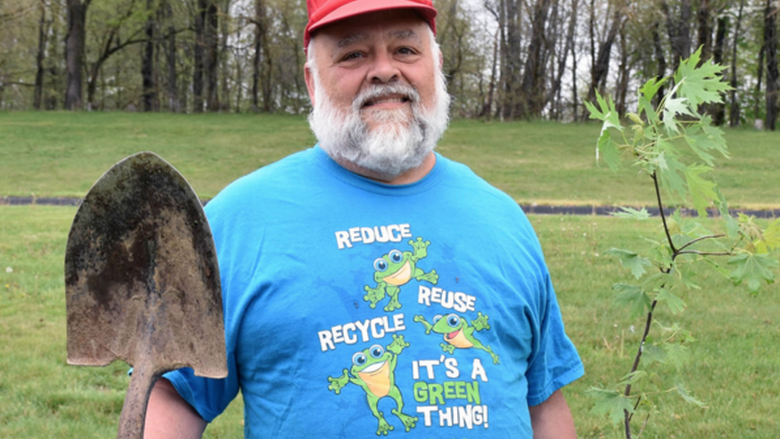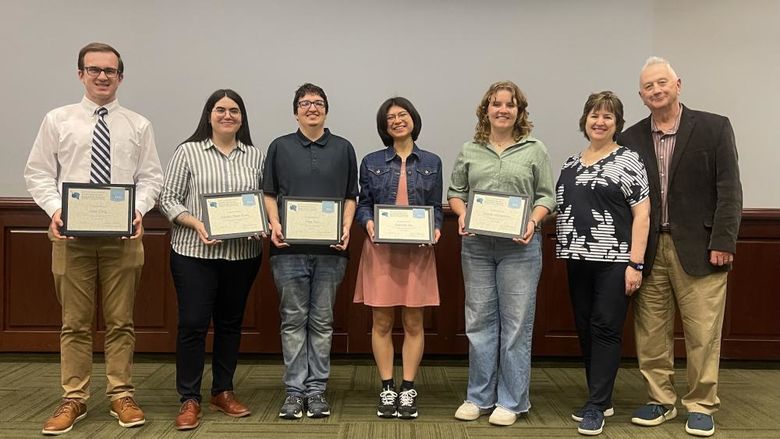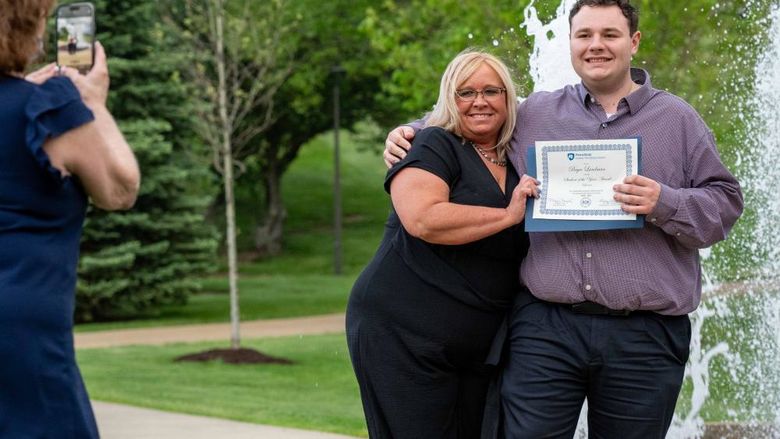LEMONT FURNACE, Pa. — David Meredith, an associate professor of Engineering at Penn State Fayette, The Eberly Campus, is the author of "Metals through History," which examines how these natural resources have affected our lives and world. Initially, his book was only available in an electronic format, but its recent publication in print has allowed Meredith to begin using it this semester as the textbook for his STS 150/Out of the Fiery Furnace class.
Meredith said he had little choice but to write a text himself after the one he had been using for STS 150 went out of print. Although he at first looked at potential replacements on Amazon.com, none turned out to be quite right.
So, Meredith decided to become an author again — this time with a more appealing topic than that of his first book, "Heating and Cooling Load Fundamentals," which focused on how to calculate the thermal load of air conditioning systems.
Meredith’s goal for his second textbook was to write “a big history” of metal that was “not boring.” The book’s 33 metals are organized chronologically by their order of discovery, with copper being the first, though he opens with the big bang and explains just how the natural resources ended up here on Earth. Its 250 pages are interspersed with anecdotes, such as how a silver mine funded the Greek renaissance, how copper provided Samuel Morse with the means to invent the telegraph, and how priests would routinely give mercury miners last rites before they even began working in those very dangerous tunnels.
Meredith said the book also tells about just-in-time discoveries that helped to change our world, and he adds a local twist, touching on how iron and steel had such a huge impact on the country and especially this region, with legions of Europeans immigrating here to work in the coal, coke and steel industries.
Of the many metals covered in his book, Meredith believes iron is most important because of its flexibility. Does he have a favorite metal? This question elicited a period of reflection from the author, who eventually admitted, “I am leaning toward titanium for no good reason.”




